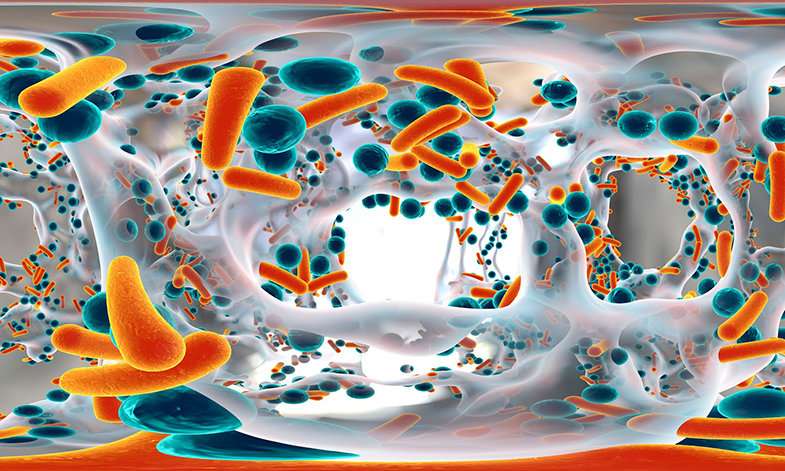A series of ternary Cu(II) complexes encompassing ONO donor Schiff base amino acid ligands were synthesized from condensation of 3–methoxysalicylaldehyde (MS) or 4-diethylamino salicylaldehyde (DS) with α-amino acids (L-phenylalanine (Phe), L-histidine (His), DL-tryptophan (Trp)) as primary ligand and 2, 4-bipridyl (DP) as secondary ligand. All the prepared compounds were characterized by melting points, decomposition temperatures, elemental analysis, UV-Vis, IR spectra, TGA in nitrogen atmosphere, magnetic moment and conductivity measurements. Moreover, kinetic and thermal parameters of the prepared complexes were computed from the thermal data using Coast and Redfern method. In addition to, the particle size distribution of the prepared ternary complexes was determined by using TEM and found to be in the range of nanoscale. Moreover, the investigated DSH and DP ligands and their complex structures were validated using quantum mechanics calculations based on accurate DFT methods. In addition to, the antimicrobial screening of the prepared ligands and their ternary complexes were examined for many types of bacteria such as Bacillus subtilis (+ve), Escherichia coli (-ve) and Micrococcus luteus (+ve) and numerous types of fungi such as Asperagillus niger, Candida glabrata and Saccharomyces cerevisiae. The results of these studies indicate that the ternary complexes exhibit a stronger antibacterial, antifungal efficiency than their corresponding ligands. Furthermore, the interaction of the prepared ternary complexes with (CT-DNA) was investigated by using different techniques such as spectral studies, viscosity measurements and agarose gel electrophoreses.


